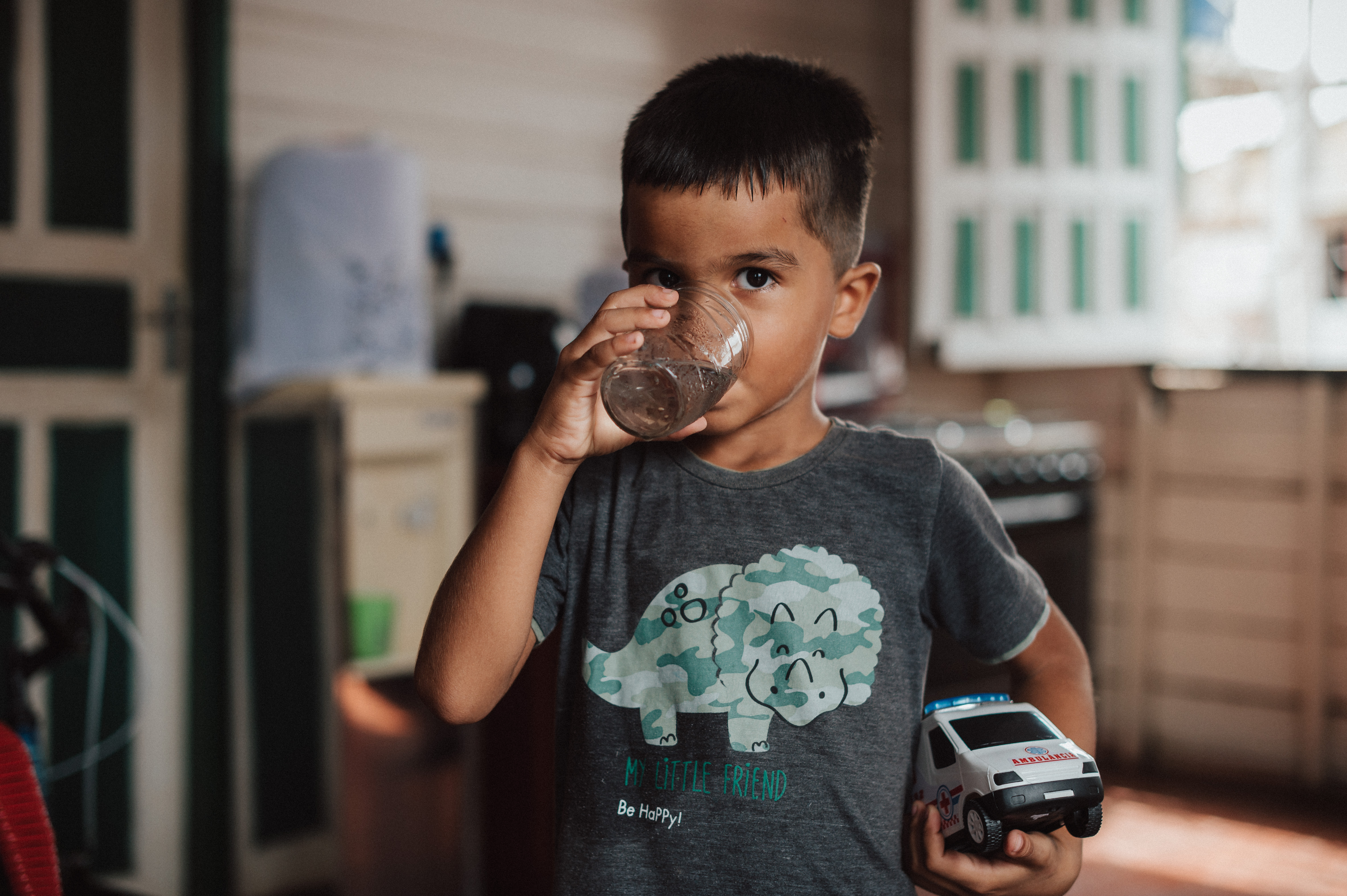

Description
The initiative – a technical cooperation between Brazil and Germany – promotes sustainable and integrated management of urban solid waste (MSW, acronym in Portuguese), in addition to encouraging the preservation of natural resources and reducing energy use and greenhouse gas (GHG) emissions.
The project worked in four fields:
• Climate protection: identification of GHG emission reduction potentials in the municipal solid waste sector and their integration into government guidelines, in addition to the implementation of local measures.
• Capacity development: training of public servants, as well as private sector employees, in integrated waste management. Development of tools to support decision-making for municipalities.
•Teaching and research: development of waste management content with a high impact on GHG reduction in university curricula and applied research projects in interaction with the market.
• Virtual platform: establishment of a Brazil-Germany virtual network to disseminate knowledge to the sector, strengthening the dialogue between actors and the exchange of international experiences.
The project also worked extensively in the Amazon, where it carried out 74 hours of training on technological routes, closure of dumps, the collection of management fees and selective collection. The courses were attended by 403 people in 27 municipalities. Another 46 cities also received training, technical advice and support to mobilize financial resources. In addition, distance training on sustainable management, treatment and valorization of MSW generated 844 certificates in 348 municipalities.
Course: With the training, participants learned about important topics for urban solid waste management, such as logistics and recovery practices, such as selective collection, organic waste treatment and energy recovery, among other subjects. The course was offered free of charge and open to all who wished to participate.
Criteria 10/11
- ACCESSIBILITY
- ALIGNMENT WITH SDG 1,3,4,6 AND/OR 11
- RACE AND GENDER ISSUES
- ATTENTION TO CHILDREN AND ADOLESCENTS
- LOW COST
- SOCIAL DIFFUSION
- ADMINISTRATIVE EFFICIENCY
- ADHERENCE AND CONTINUITY AT LOCAL LEVEL
- WASH INITIATIVE
- CLIMATE RESILIENCE
- SUSTAINABILITY
ProteGEER was a technical cooperation initiative between Brazil - represented by the Brazilian Sanitation Secretariat of the Ministry of Regional Development (SNS/MDR), and Germany through GIZ to promote sustainable waste management. GIZ - Deutsche Gesellschaft für Internationale Zusammenarbeit coordinates the implementation by German cooperation for sustainable development. The project was funded by the International Climate Initiative (IKI).
The partner entities are:
The Ministry of the Environment (MMA, acronym in Portuguese) is directly responsible for coordinating the implementation of policies relevant to the project, such as the National Solid Waste Policy and the National Climate Change Policy. The MMA supports the execution of the project through the Secretariat of Environmental Quality (SQA, acronym in Portuguese).
The Ministry of Science, Technology, Innovation and Communications (MCTIC, acronym in Portuguese) is a strategic partner responsible for the formulation and implementation of the Brazilian Policy for Scientific and Technological Research and Incentive to Innovation and the Brazilian Inventory of Greenhouse Gas Emissions (GHG).
The Technical University of Braunschweig (TUBS) has a role as an implementing partner for academic cooperation aimed at integrating practical knowledge of the waste sector with the education sector.
City halls
Intermunicipal solid waste management consortia
General population
The project has benefited more than 9 million people in 46 municipalities in six states and the Federal District
2017 to 2022
The transformation process has already begun with the incorporation, by the partners, of the knowledge acquired in the technical training and advisory services.
• Itacaré-BA: The closure, in record time (about six months), of the city's dump, which for 30 years had been home to an open-air dump that contrasted with the beauty of the region and threatened the health of the population. In addition to the closure of the area, the Transshipment Station and the Sorting and Economic Center were also inaugurated, equipped with machinery for the reuse of discarded materials and development of recycled products. The site began to train and employ 25 waste pickers who previously survived from work at the dump, ensuring more dignity and health for families.
• Intermunicipal Consortium for Integrated Solid Waste Management in the East Coast region of Ceará - through training and technical support, it enhanced the planning of integrated MSW management and became a regional reference. The training was prepared based on the survey of topics of interest to the Consortium, and as a priority the themes of Technological Routes and Charging by the Public Service of MSW Management were pointed out, in addition to the relationship between MSW and climate change.
• Metropolitan Region of Recife, Pernambuco: Plans for selective collection and exchange between waste pickers were developed, a joint experience shared by three municipalities with social and environmental concern.
• Convale Consortium, Minas Gerais: Convale's training process was designed to strengthen the consortium's technical and institutional capacities, in addition to preparing it to evaluate the products and make decisions regarding the structuring of the concession, which went hand in hand with ProteGEEr's support.
•Brasília, Federal District: After closing the dump and with a landfill already in operation, ProteGEEr focused on training and de
The selection process for ProteGEEr pilot projects began in January 2018 with a workshop involving key governmental and non-governmental sector stakeholders.
Subsequently, the entities participating in the program were selected. The selection factors were: management interest; replicability capacity; and priority for consortium, with the exception of Campo Verde. In this case selection was made due to the commitment of the municipality.
• Itacaré-BA invested more than 3 million.
•Campo Verde accessed a fund of R$ 3.7 million to improve local MSW management.
• Metropolitan Region of Recife, approved with R$ 13.9 million.